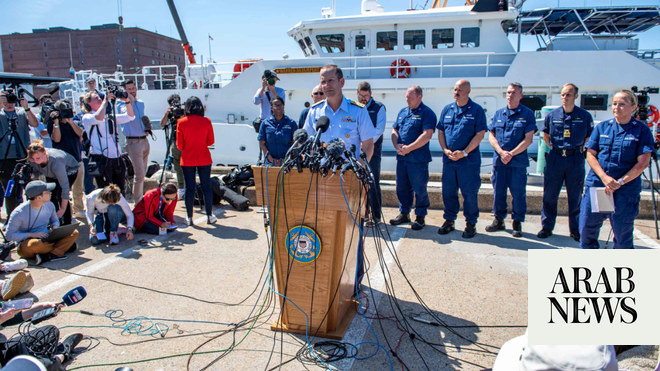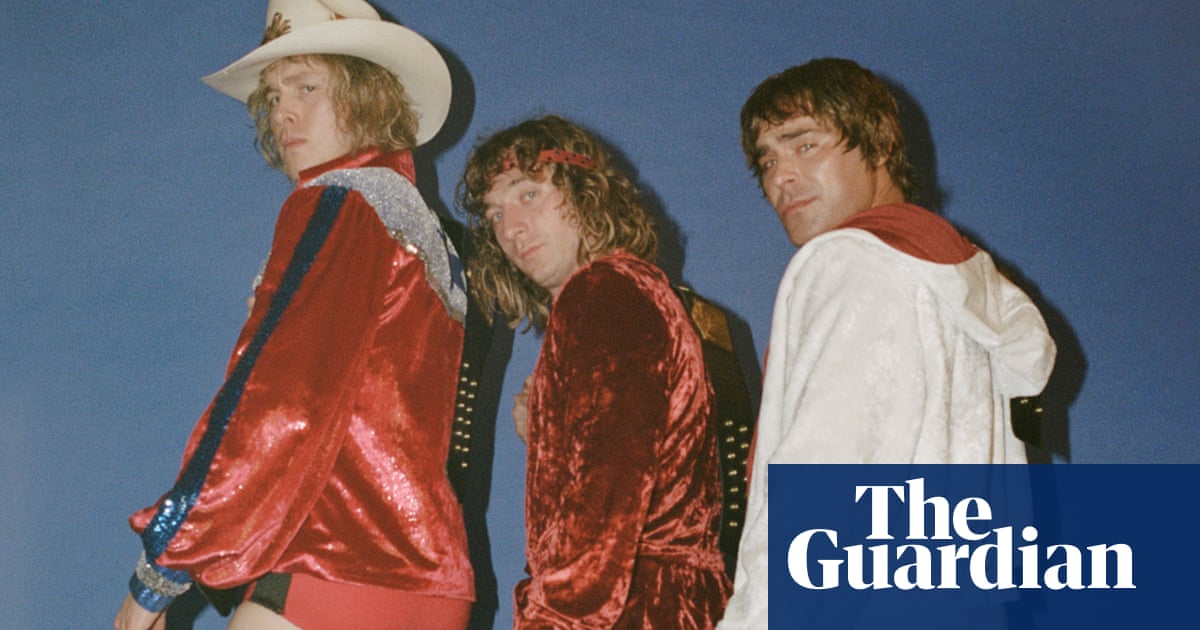
Although Richard Norton-Taylor’s ninth play makes its debut later this month, the former Guardian security editor doesn’t consider himself a playwright. “I would say I’m a journalist, really,” Norton-Taylor says. “Playwright is overdoing it. I’m basically editing.”
Grenfell: Value Engineering is taken entirely from evidence given in the second phase of the Grenfell inquiry, which interrogated the contractors and council representatives responsible for the renovation of the building in 2015-16. It takes its title from the £800,000 of savings – euphemistically dubbed “value engineering” – that the building giant Rydon was asked to find in its £9.2m bid by Kensington and Chelsea tenant management organisation (KCTMO), in order to win the contract to refurbish the tower.
As a result of this cost-cutting, the fire-resistant zinc cladding originally specified for use on Grenfell was replaced by the flammable aluminium composite material cladding with a polyethylene core. We all know what happened next.
The play, which will be performed at the Tabernacle theatre in London, is Norton-Taylor’s eighth play in collaboration with the director Nicolas Kent. The duo specialise in works mostly lifted verbatim from public inquiries or trials: previous works include The Colour of Justice, based on the Macpherson inquiry into the murder of Stephen Lawrence, and Nuremberg, about the 1946 trial of Nazi war criminals.
Norton-Taylor is used to covering corruption, abuse, and miscarriages of justice. But the scale of the corruption that led to Grenfell came as a suprise. “I was genuinely shocked,” he says. “A sceptical old journalist like me.” He summarises the charge sheet against the executives involved. “Seventy-two deaths,” he says. “Mistakes. Carelessness. A couldn’t-care-less attitude. Cost-cutting. Money-grubbing.”
He sees theatre as “an extra platform for journalists to expose wrongdoing and scandal in a consistent way over 20,000 words, rather than just a few hundred in a newspaper article”. Kent’s role was to temper Norton-Taylor’s didacticism by finding moments of emotional truth. “I would say, ‘This isn’t very significant,’” Norton-Taylor recalls, “and he would say, ‘Keep that – from a theatre director’s point of view, there’s a drama in it.’”
To condense many thousands of hours of testimony into something compelling and disturbing is a remarkable achievement. In the play, mealy-mouthed executives admit to fixing fire safety tests; a building safety inspector signs off the redevelopment without properly checking it was fire-safe; Rydon and the KCTMO have secret meetings to discuss savings; contractors dismiss residents with legitimate concerns as “known troublemakers”; and the inexperienced 25-year-old son of a cladding industry boss is appointed to project-manage the tower’s refurbishment.
In one highlight, as each witness interviewed shirks the blame, an exasperated Richard Millett QC, lead counsel to the inquiry, is forced to ask “the core participants not to indulge in a merry-go-round of buck-passing”.
Norton-Taylor sees the circumstances that led up to the deadly refurbishment of the tower as a microcosm of the wider rot within our culture. “What comes out in the play is the incompetence, the corruption, the lying, the network of chums who knew each other in the construction industry,” Norton-Taylor says. “Put it all together and it becomes a microcosm of what is wrong in other parts of British society.”
We do not hear directly from the Grenfell residents. “That’s for another play,” he says. “This is about the mistakes and the outrageous behaviour of the companies involved.” As a result, the Grenfell residents’ trauma is only glimpsed third-hand, through the testimony of others. In one particularly upsetting scene, we hear a 999 call handler recount her exchange with a boy who will not escape alive. “Can you hurry up, please?” the child implores. “I’m begging you.”
Norton-Taylor wished to include this scene, even though it is distressing, to highlight how the London Fire Brigade’s stay-put policy likely cost lives. Did he get permission from the family of the boy involved? “We got in touch with the family,” he says, “and agreed to anonymise personal and other details of the incident. We did so for other families as well.”
When it was announced, the play was sharply criticised online. Norton-Taylor and Kent were accused of centring white voices rather than those of the black and brown communities that were primarily affected, and of profiting from a tragedy that was not their own. “It’s a white cast,” says Norton-Taylor, “because we’re concentrating on the villains. All the evidence that we have comes from a phase of the inquiry where the company executives and local authority executives were giving evidence – and every single one of those witnesses were white.”
It is a not-for-profit play, with tickets priced under £5 for those living around Grenfell or, for the Birmingham run, in homes with unsafe cladding. A black-led education programme will run alongside the play, and Justice4Grenfell is scheduled to hold an audience discussion. Norton-Taylor says that he has spoken with some bereaved families personally, but that Kent has taken the lead on community outreach, and he believes the survivors are broadly supportive.
He hopes that critics will be converted when they understand what Grenfell: Value Engineering is trying to do: provide a historical record of corruption, greed and ineptitude. “I hope it will enrich people’s understanding of what led to this avoidable tragedy,” Norton-Taylor says. “That’s what I hope comes out. That this fire was avoidable. People had warned about it. Many people were at fault.”
Grenfell: Value Engineering is at the Tabernacle theatre, London, 13 October-13 November and Birmingham Rep, 16-20 November












